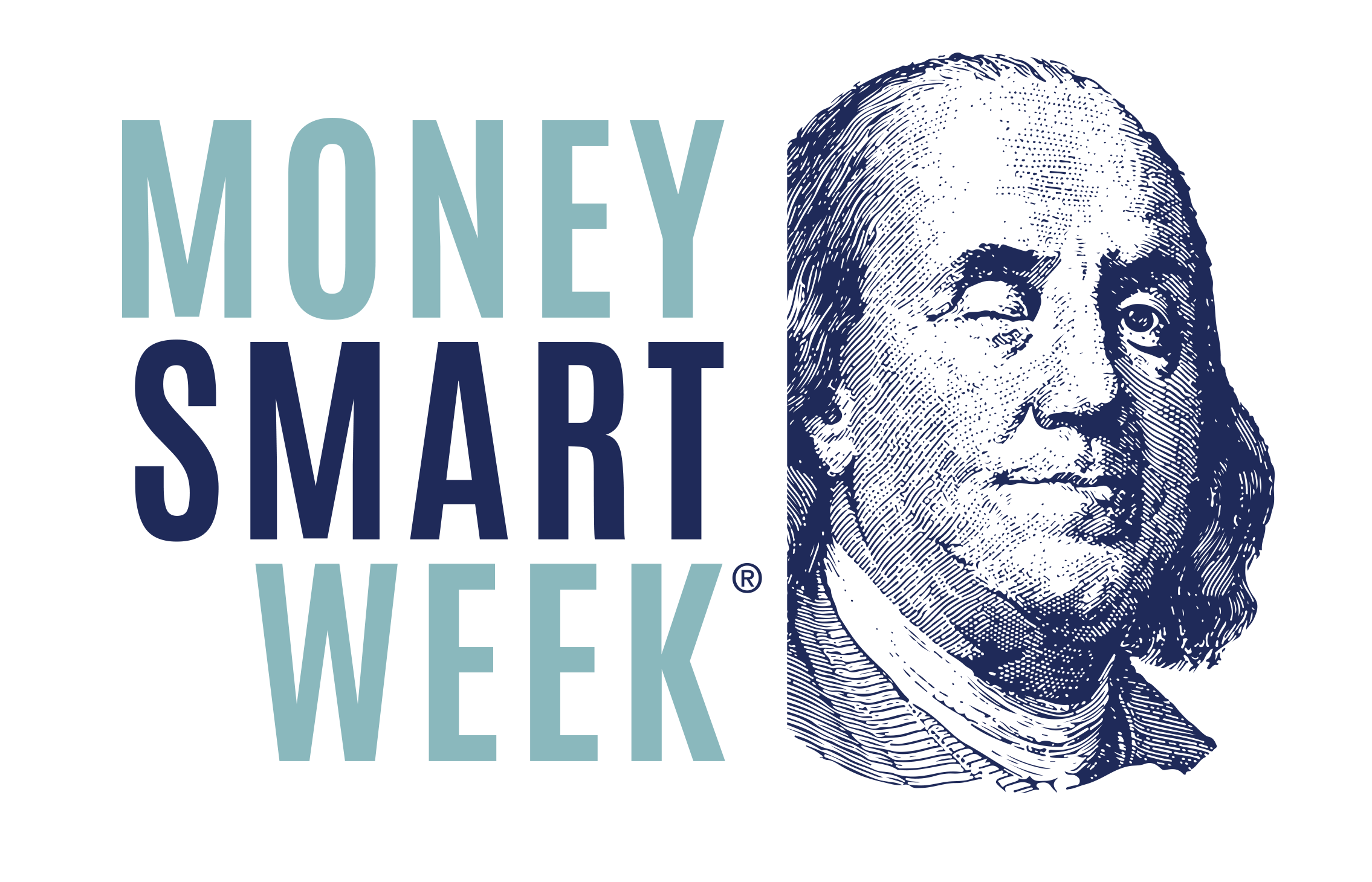 Charlie and his wife Martha from the Big Cove Community raised 3 children who are now adults. They make ends meet with a small pension, Social Security and a little retirement from the school where Martha worked for many years. Charlie does wood carvings for sale at the nearby craft shop and sometimes he travels to fairs and sets up a table to sell his artwork. Their daughter Sarah was in a really bad car wreck a year ago and was in the hospital for several months. Sarah is a single mother with one child, Eddie. After Sarah got better her parents got her and Eddie to move back in with them. They were glad they could take care of Sarah and Eddie, but finding money to feed everybody was a challenge. One day they stopped by the food bank and were getting some groceries when they heard a friend talking about the Earned Income Tax Credit. It sounded interesting and tax time was coming up fast. Their friend said, “Hey, maybe you might qualify now that you have Sarah and Eddie with you”. He told them the local tribal college offered free tax preparation and they could check it out. They took all their paperwork and sat down with a volunteer and learned that they would be eligible. That extra money will help them manage their debts and maybe buy a new freezer!
Charlie and his wife Martha from the Big Cove Community raised 3 children who are now adults. They make ends meet with a small pension, Social Security and a little retirement from the school where Martha worked for many years. Charlie does wood carvings for sale at the nearby craft shop and sometimes he travels to fairs and sets up a table to sell his artwork. Their daughter Sarah was in a really bad car wreck a year ago and was in the hospital for several months. Sarah is a single mother with one child, Eddie. After Sarah got better her parents got her and Eddie to move back in with them. They were glad they could take care of Sarah and Eddie, but finding money to feed everybody was a challenge. One day they stopped by the food bank and were getting some groceries when they heard a friend talking about the Earned Income Tax Credit. It sounded interesting and tax time was coming up fast. Their friend said, “Hey, maybe you might qualify now that you have Sarah and Eddie with you”. He told them the local tribal college offered free tax preparation and they could check it out. They took all their paperwork and sat down with a volunteer and learned that they would be eligible. That extra money will help them manage their debts and maybe buy a new freezer!
About Earned Income Tax Credit
NICOA wants to make sure our members are aware of an important tax benefit for people who have earned income during the tax year. The Earned Income Tax Credit (EITC) benefits low to moderate income working families, as well as, people with earned income and no children. Please check the table below to see if you are eligible. You can also visit www.irs.gov/eitc and use the online tool, EITC Assistant. (1)
Families with children receive a larger credit than workers without children and the amount varies depending on your individual situation. (2) Elders raising their grandchildren would be eligible for this benefit. (3) For Tax Year 2017 the amount of credit available ranges between $510 and $6,318. Once you determine if you are eligible, you must file a federal tax return even if you do not owe any tax or did not have any income withheld. Every year millions of eligible workers risk missing out on these benefits. (4) If you think you might qualify, check out the EITC Assistant and seek guidance from a tax professional.
| To qualify for EITC you must meet these rules | ||
|
||
| In addition, you must meet all the requirements in one of these columns | ||
If you have a qualifying child:
|
If you do not have a qualifying child:
|
|
Sources
- Earned Income Tax Credit (EITC). (n.d.). Retrieved March 06, 2018, from http://www.irs.gov/eitc
- Donohoe, J. (2004). Building Native communities: a guide to claiming the earned income tax credit (EITC). Fredericksburg, VA: First Nations Development Institute.
- McCubbin, J. (2009). The earned income tax credit and older workers. Insight on the Issues,20, 1-5. Retrieved March 6, 2018, from https://www.aarp.org/money/taxes/info-01-2009/i20_eitc.html.
- Get It Back: Tax Credits for People Who Work. (n.d.). Retrieved March 06, 2018, from http://www.eitcoutreach.org/
Leave a Reply